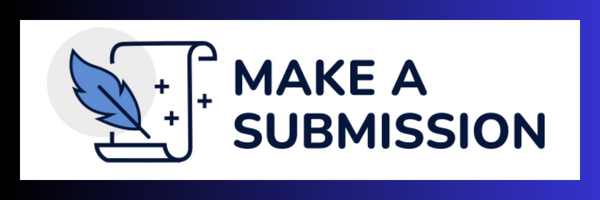Publication Ethics
Scholastic morals are the essential and the central stand for research. Our Publication protocols and articulation is primarily founded on the Code of Conduct and Best-Practice Guidelines .
Ethical Concerns
- 1. No Plagiarism will be accepted for publication
- 2. No counterfeiting and no false information and Data fabrication and falsification
- 3. It is suggested that the authors must not use the words and ideas of other scholars without proper acknowledgements and citations.
- 4. Manuscripts found to be plagiarized from other manuscript, whether published or unpublished, will not be accepted and the authors may incur sanctions like blacklisting and informing the institutions senders belong.
- 5. Authors should declare all the potential interests in the ‘Conflicts of Interest’ section, which must explain why the interest may be a conflict between the authors.
- 6. Gift or guest authorship is to be avoided. It is when someone is added to the list of authors in the publication who have not been involved in the research.
- 7. Ghost authorship or paid authorship shall not be accepted for publication. In this case, when someone is involved in writing a paper but he is not included in the list as author for the same.
Post-Publication Recommendations
Disseminating a research paper through journal publication marks an initial step rather than a terminal point. It is imperative to ensure the widespread accessibility of one's research among a myriad of fellow scholars. The attainment of citations across diverse platforms serves to establish the researcher as a commendable contributor within the scholarly domain. To make your presence felt in the scholarly world and to increase the visibility of your research work, we advise you to take a few steps like:
- Get registered and share your published research paper at below websites
- Google Scholar-https://scholar.google.com/
- Research Gate - https://www.researchgate.net/
- Zenodo- https://zenodo.org/
- Spread your research work among your colleagues and juniors. Email the article link directly from the article Abstract page.
- Share your article on various social media platforms, like Facebook, Twitter, Research Gate, Google Scholar, and LinkedIn.
- Update your CV, your institution website and anywhere else your publications are listed.
Please share your research endeavors judiciously to the appropriate audience. Adhering to recommended modes of sharing your research paper will amplify the visibility of your scholarly contributions, thereby affording global benefit to researchers. Such endeavors concurrently augment the prospect of establishing your scholarly identity.












